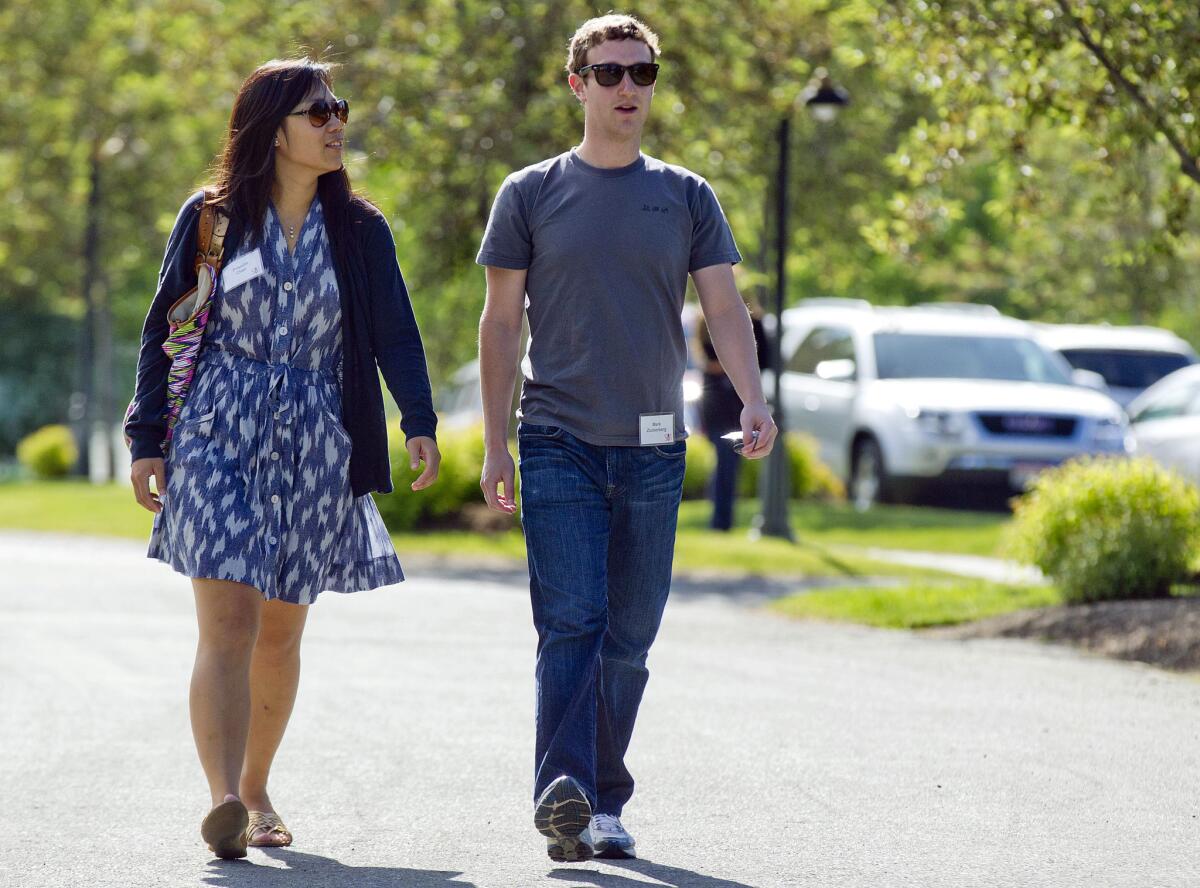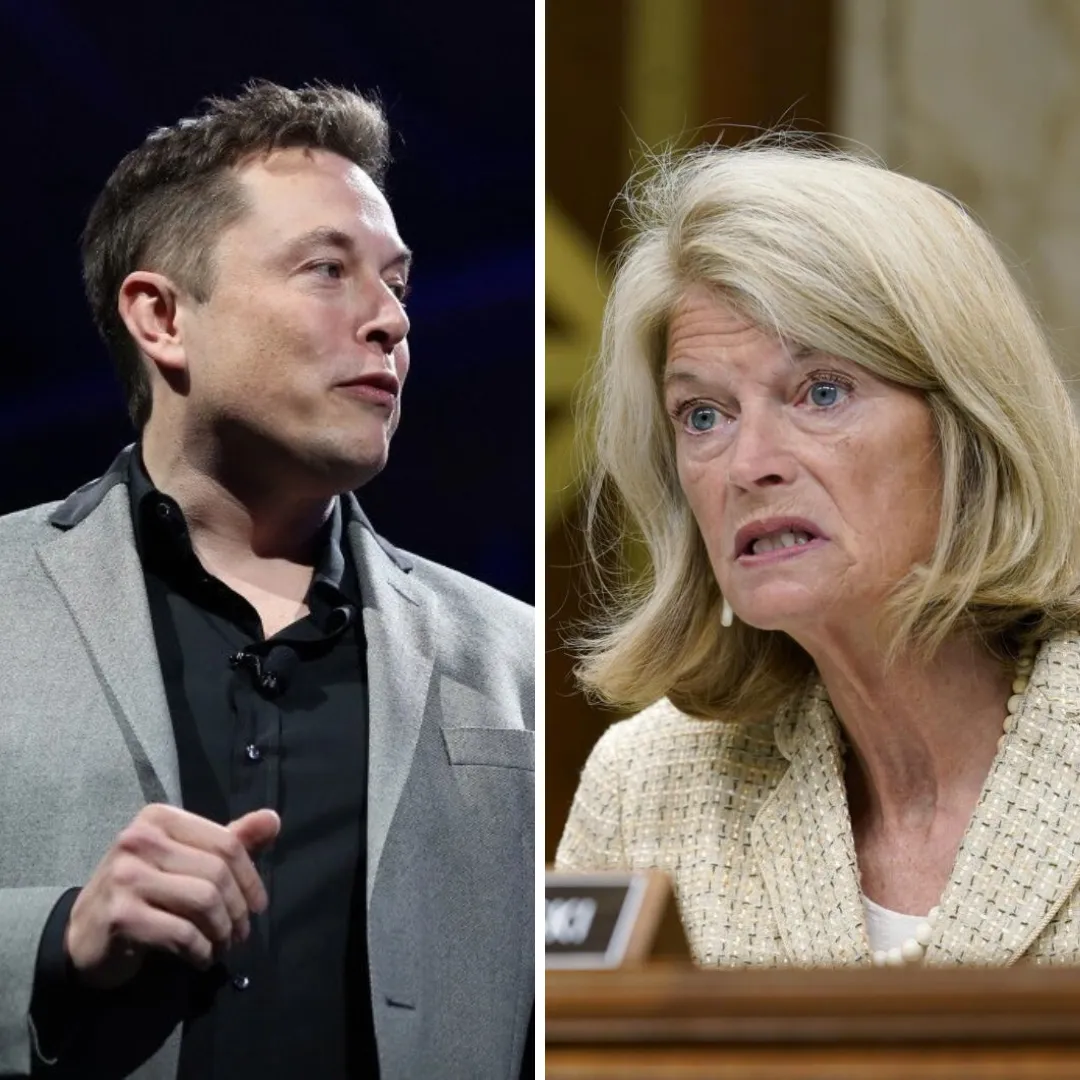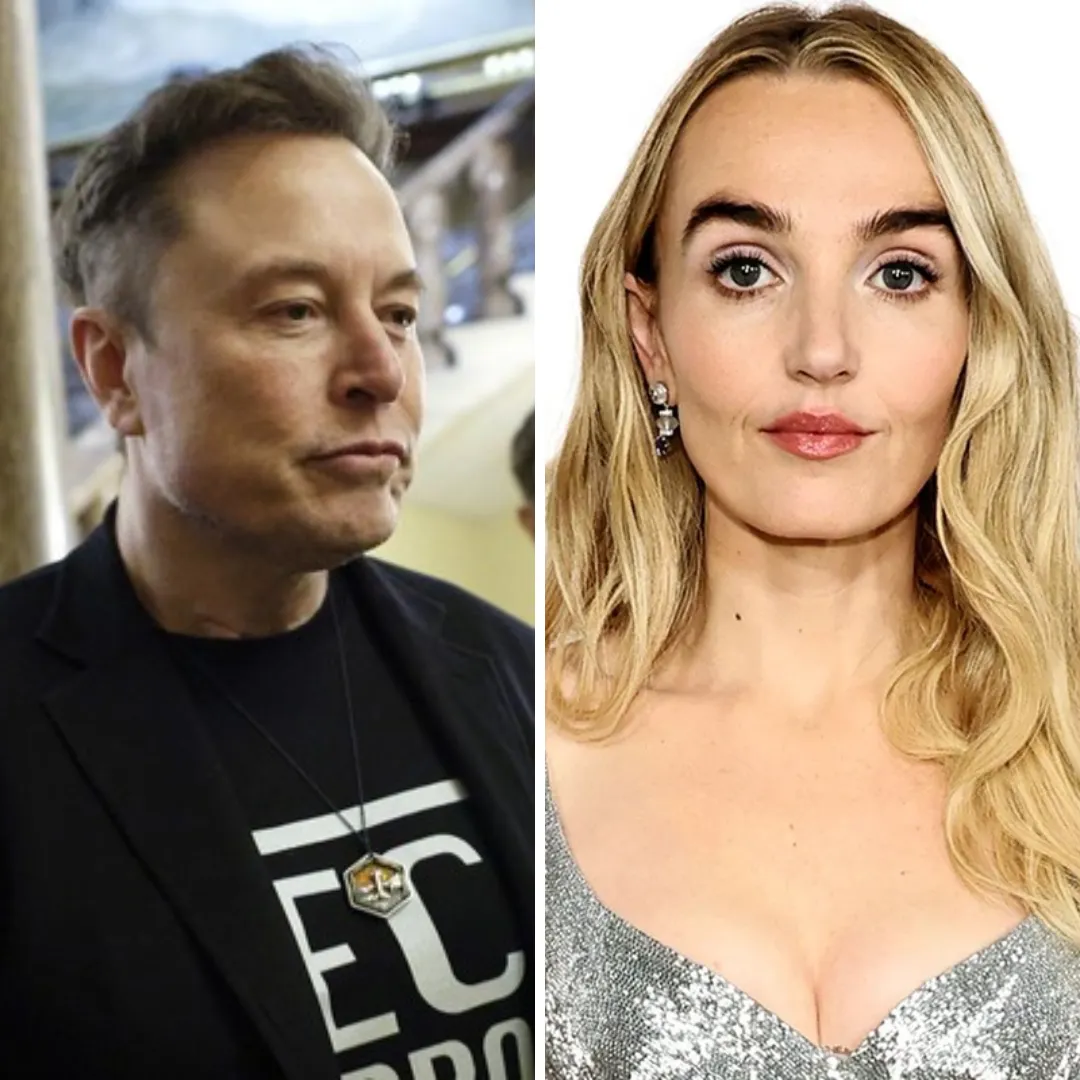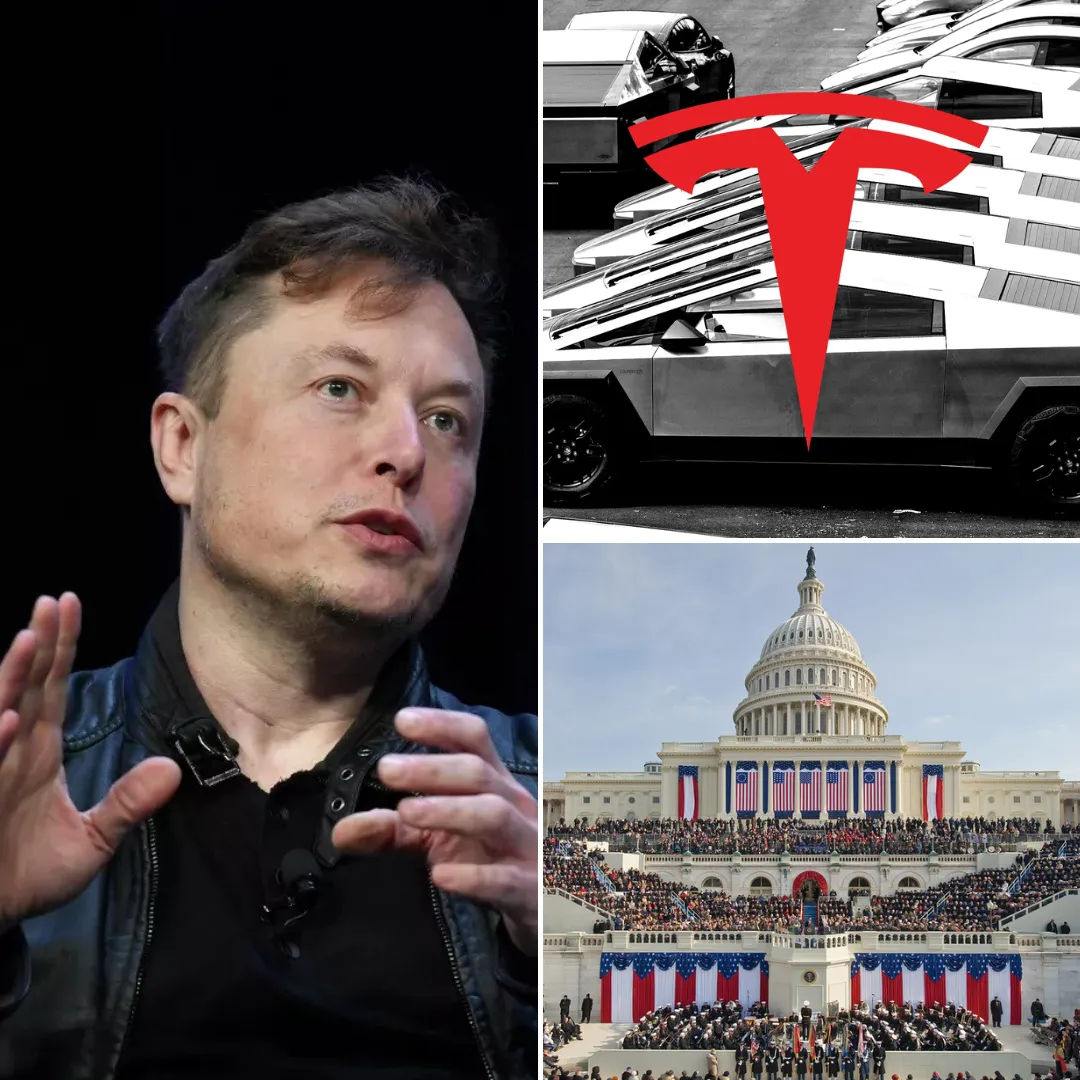
A landmark antitrust trial against social media giant Meta began in Washington this April, thrusting CEO Mark Zuckerberg into the spotlight once again. The U.S. Federal Trade Commission (FTC) alleges that Meta unlawfully suppressed competition by acquiring Instagram and WhatsApp more than a decade ago.
The case contends that Meta found competition too difficult and chose to buy out rising rivals rather than innovate to compete fairly. “They decided that competition was too hard and it would be easier to buy out their rivals than to compete with them,” said FTC lawyer Daniel Matheson during opening statements.
Meta’s defense counters this narrative as “misguided.” The company claims the acquisitions were strategic moves to improve and grow Instagram and WhatsApp alongside Facebook, enhancing consumer experience rather than suppressing competitors.
If the FTC wins, Zuckerberg could be forced to dismantle parts of his empire. This might mean spinning off Instagram and WhatsApp into independent companies, fundamentally reshaping Meta’s corporate structure and Zuckerberg’s control.
The FTC argues Meta overpaid for Instagram, acquiring it in 2012 for $1 billion—a sum they claim reflects an intent to neutralize competition rather than just invest. Two years later, the $19 billion purchase of WhatsApp reinforced this alleged pattern of stifling rivals.
Rebecca Haw Allensworth, an antitrust law professor at Vanderbilt, notes Zuckerberg’s own emails could provide damning evidence. “He said it’s better to buy than to compete. It’s hard to get more literal than that,” she explains, emphasizing the FTC’s “smoking gun.”
During the trial, Matheson referenced a 2012 memo from Zuckerberg discussing the importance of “neutralizing” Instagram, which the FTC sees as clear proof of intent to eliminate a competitive threat.
Meta’s attorney Mark Hansen argued the purchases were about growth and consumer benefit. “Acquisitions to improve and grow have never been found unlawful and should not be here,” Hansen said. He pointed to other strong competitors like TikTok, YouTube, and X as evidence of a healthy market.
The trial is expected to last several weeks and will include testimony from Zuckerberg and former COO Sheryl Sandberg, two key figures in Meta’s rise to dominance.
While the case began under President Trump’s first administration, its continuation during his second term raises concerns of political influence. Reports reveal Zuckerberg lobbied Trump personally to have the FTC drop the lawsuit, highlighting the intersection of corporate power and politics.
Meta declined to confirm lobbying but dismissed the FTC’s case as disconnected from reality. A spokesperson told the BBC that it “sends the message no deal is ever truly final,” referring to the decade-old approvals of the acquisitions.
Tensions between Zuckerberg and Trump have thawed after a frosty period following Trump’s ban from Meta’s platforms after the Capitol riot in 2021. Meta even contributed $1 million to Trump’s inaugural fund and recently appointed Trump allies Dina Powell McCormick and UFC head Dana White to its board.

The company also settled a lawsuit with Trump for $25 million over his account suspension after January 6, signaling a new chapter in their relationship.
Political dynamics complicate the case further. President Trump fired two Democratic FTC commissioners in March, leaving a Republican majority that could influence the agency’s actions.
The ousted commissioners, Rebecca Kelly Slaughter and Alvaro Bedoya, view the firings as intimidation tactics aimed at pressuring the FTC to favor political allies. “The president sent a very clear signal… that if they don’t do favors, they could be fired,” Slaughter said.
Both Slaughter and Bedoya have filed lawsuits seeking reinstatement and expressed concern over potential political interference in the Meta case.
FTC Chair Lina Khan, appointed during the Biden administration, is leading the charge, emphasizing independent enforcement against monopolistic behavior.
However, the current chair, appointed by Trump, has publicly stated willingness to “obey lawful orders,” leaving some observers worried about the agency’s independence.
The FTC has a history of consumer protection and has returned millions to fraud victims and passed laws curbing unfair business practices. Still, in the politically charged environment, regulatory agencies like the FTC face pressures that could shape the outcome of the Meta trial.

Meanwhile, another major antitrust case against Google is advancing to the remedies phase, following a court ruling that Google holds a monopoly in online search.
The DOJ has demanded Google be broken up, raising the stakes for antitrust enforcement in the tech sector.
Legal experts believe the FTC’s case against Meta faces a tougher path than the Google suit. Laura Phillips-Sawyer, a business law professor, says Meta’s market faces more competition, making divestiture harder to justify.
Unlike Google’s dominance in search, Meta operates in a personal network space with numerous rivals, complicating claims of monopoly. The trial will explore whether Meta’s acquisitions suffocate competition or represent legitimate business growth.
For Zuckerberg, the stakes couldn’t be higher. Losing control of Instagram or WhatsApp would reshape Meta’s influence and revenue streams drastically. Public opinion is divided, with some viewing the lawsuit as a necessary check on corporate power, while others see it as overreach that could stifle innovation.
The trial could set precedent for how tech giants are regulated and whether aggressive acquisition strategies remain viable. Zuckerberg’s testimony and internal company documents will be key to determining Meta’s intent behind its acquisition spree.

The case encapsulates broader societal debates about the role of big tech and the balance between growth and fair competition. As the weeks unfold, all eyes remain on the courtroom in Washington, where the future of Meta and the tech industry’s competitive landscape hang in the balance.
This landmark antitrust trial represents a pivotal moment in the effort to rein in tech monopolies and protect consumer choice. Ultimately, the outcome may redefine how social media and digital platforms operate, with Zuckerberg’s empire facing one of its most significant legal challenges yet.
The implications of this trial extend far beyond Meta’s corporate walls. A ruling forcing the breakup of Instagram or WhatsApp could ripple across the entire tech industry, signaling to other companies that growth through acquisition may no longer be an unchecked strategy.
This could encourage more organic innovation and competition, altering how startups approach partnerships and mergers in the future.
Moreover, the trial spotlights the growing tension between regulators and Silicon Valley’s biggest players. Governments around the world are scrutinizing the power of tech giants, seeking ways to balance innovation with consumer protection and fair market practices.
The Meta case is a key battleground in this evolving regulatory landscape, setting the tone for future antitrust actions globally.

For users, the trial raises questions about the platforms they rely on daily. Would a split improve user experience by fostering competition, or would it lead to fragmentation and inconvenience?
The answer is uncertain, but the outcome will undoubtedly influence how billions interact on social media in the coming years.
The political undertones surrounding the case also highlight the complexities regulators face. With the FTC’s leadership in flux and political pressure mounting, maintaining impartiality is crucial to preserving trust in the legal process.
How these factors play out could affect not only Meta but the credibility of antitrust enforcement in the United States.
As the trial progresses, it will be a test not just of Meta’s business practices but of the broader American commitment to fair competition and corporate accountability in the digital age. The decisions made here will echo through the tech world, shaping the industry’s future for decades to come.




-1747797484-q80.webp)